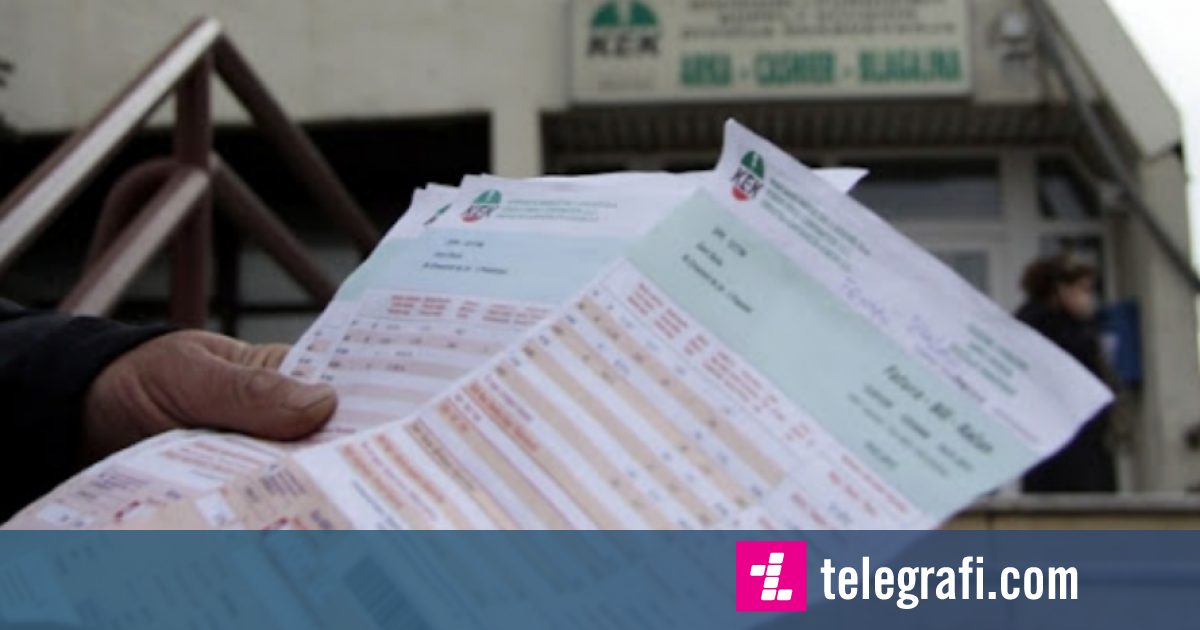The Energy Regulatory Office in Kosovo (ERO) is obliged to indisputably implement the decision of the Basic Court in Pristina, which suspends the execution of ERO's decision on electricity prices, says lawyer Faton Fetahu.
Fetahu has been engaged by the Democratic Party of Kosovo - an opposition entity - to file lawsuits against ERO's decision to increase the price of electricity.
ERO, in the wake of the global energy crisis, approved new bills with an increase on February 8 and, since then, consumers who spend over 800 kilowatts per month, pay more.
According to PDK,
this increase harms the citizens.
And, two months later, on April 9, the Basic Court suspended the execution of ERO's decision, saying that the suspension proposal "was grounded".
The lawsuit for the lawsuit filed by PDK continues, but until the final decision, the court has said that the increased bills should be suspended.
According to Fetahu, if ERO does not implement the court's decision to suspend, it will commit a legal violation.
"ERO must immediately, from the day of receiving the decision of the court of first instance, implement the same.
And, regardless of whether he will appeal or not, the implementation of this decision is mandatory because it is a court decision.
Its non-implementation is also a criminal offense ", says Fetahu.
The other lawyer, Fatos Zeqiri, assesses similarly.
According to him, the ruling of the Basic Court in Prishtina is final and should be implemented by ERO.
He says that such a thing is provided in the Law on Contested Procedure, which states that the decision on the security measure, in this case the decision on suspension, "is enforceable and is enforceable, as provided by the Law on Enforcement Procedure."
"ERO, from the moment of receiving the decision of the Basic Court, must suspend the tariffs set by its decision and bill the citizens with the tariffs that were in force before the issuance of the decision", says Zeqiri.
But, ERO says that they will not implement the decision and that they will appeal to the Court of Appeals.
"While this case, after the appeal of ERO, will be reviewed by the Court of Appeals, the decision of the first instance is not final and is practically not final and enforceable.
This is defined by Article 66 of the Law on Administrative Disputes, which stipulates that: Court decisions can be executed when they become final and enforceable ", it is said in a statement of ERO.
It also states that ERO has not yet accepted the decision of the Basic Court in Prishtina.
Will citizens be reimbursed?
Visar Azemi, from the Balkan Green Foundation regional initiative, which aims to promote energy development, says that if the Court of Appeals decides the same as the Basic Court in Pristina, then bills paid at high prices should be "are reimbursed to citizens in various forms."
The new tariffs, approved by ERO, entered into force on February 9 and will be valid until March 31, 2023.
As reported, about 20 percent of consumers in Kosovo consume more than 800 kilowatts of electricity per month and, consequently, pay more.
During expensive tariffs, they pay 12.5 cents per kilowatt, while at low tariffs 5.9 cents.
For those who do not consume more than 800 kilowatts, the price of electricity has not changed;
so they continue to pay 7 cents per kilowatt at expensive tariffs and 3 cents at cheap tariffs.
The free electricity tariff in Kosovo is valid from October 1 to March 31, from 22:00 to 7 o'clock in the morning.
From April 1 to September 30, the free fee is valid from 23:00 until 8 am.
ERO has taken the decision to increase the price of electricity after the increase of gas prices worldwide.
Given the fact that Kosovo does not produce enough electricity, it has been forced to import electricity at more expensive prices and this is then reflected in the new bills for citizens.
/ rel /
